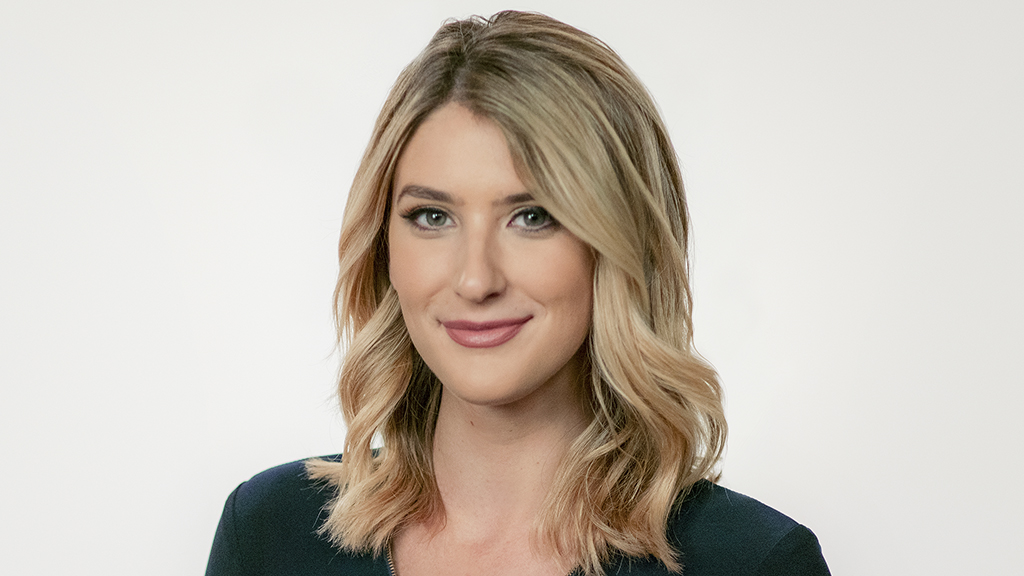Vocational school demand surges in Massachusetts, leaving thousands on waitlists
College isn't the only path to success and in Massachusetts, more students are turning to career and technical high schools. The problem is demand is outpacing supply.
Just last month, Gov. Maura Healey announced $24.2 million in grants to expand career and technical training programs. Still, the pressure is clear at Worcester Technical High School, which has a list of 700 students waiting to get in.
Hands-on learning
At Worcester Tech, students get real-world experience in fields ranging from veterinary assisting to plumbing. Junior Jayden Geddis said hands-on training drew him to the plumbing program.
"They're teaching us real life, real problems. There's a very gifted amount of people here and we have the privilege to learn different things during our high school experience," said Geddis.
Enrollment in Massachusetts technical schools rose about 24% between 2005 and 2020, according to the Pioneer Institute. Nationally, the U.S. Bureau of Labor Statistics projects strong job growth in trades such as wind turbine technology, electrical work, HVAC, and plumbing.
For many students, the appeal is clear - to be able to graduate job-ready, without taking on student loan debt.
"Step ahead of other high school seniors"
"I just knew that I didn't want to go to a normal high school," Madison Kilcoyne explained. "I've never really liked school that much, if I'm being honest."
Kilcoyne, a senior in programming and web development, has already built a website for a pool company. By graduation, she'll know how to design apps and video games, too. Her mom, Tara, said the school has given her daughter a head start.
"As far as her professional development, composing emails, advocating for herself, being able to dress and speak professionally, I think is a step ahead of other high school seniors," said Tara Kilcoyne.
Principal Drew Weymouth said that's the whole point.
"The hope is that we can help them discover what it is they want to pursue. Hopefully they're not wasting money on education that they don't need, or they're pursuing it with an intent and an ultimate goal," said Weymouth.
About 60% of Worcester Tech students will go on to two- or four-year colleges. Some, like those studying allied health to become nurses, need degrees to advance. Others, like auto technicians, graduate with certifications that let them go straight into that field.
For Director Dr. Patricia Suomala, the impact is personal.
"The first time I received an email from a student that graduated and said, 'This is the first car my family's ever had because I got a job.' Those are the things that you can't put a price on," she said.
Building a future
Cosmetology senior Alyanna Milton already has a co-op job lined up after graduation.
"I can have a career, and I don't have to invest so much money into it because I already started developing it in high school. One day I'd love to work in media, film, doing hair for shows, movies, that's a dream of mine," Milton shared.
Weymouth said that beyond technical skills, students graduate with professionalism that sets them apart.
"We know that in order to be successful in any career that you have to be professional, you have to bring a strong work ethic, you have to have integrity. We focus on those, right from day one. By the time they graduate, they're at least as competitive, if not more competitive, than their peers," he said.
What's next for Massachusetts
The Healey administration said it plans to add 3,000 new vocational school seats over the next three years. The Massachusetts Association of Vocational Administrators estimates there are currently between 6,000 and 11,000 students waiting for a spot.
A new lottery admissions system, approved earlier this year, is scheduled to take effect next fall. Critics argue it won't solve the underlying issue - it may change who gets in, but it won't create more seats.
